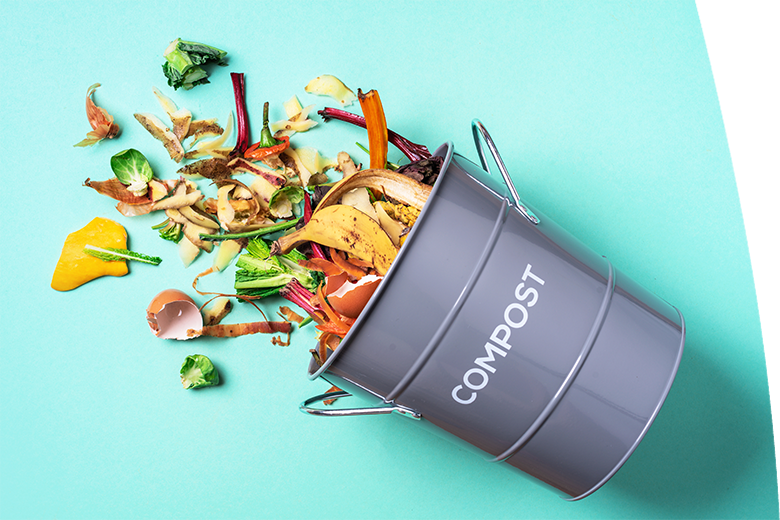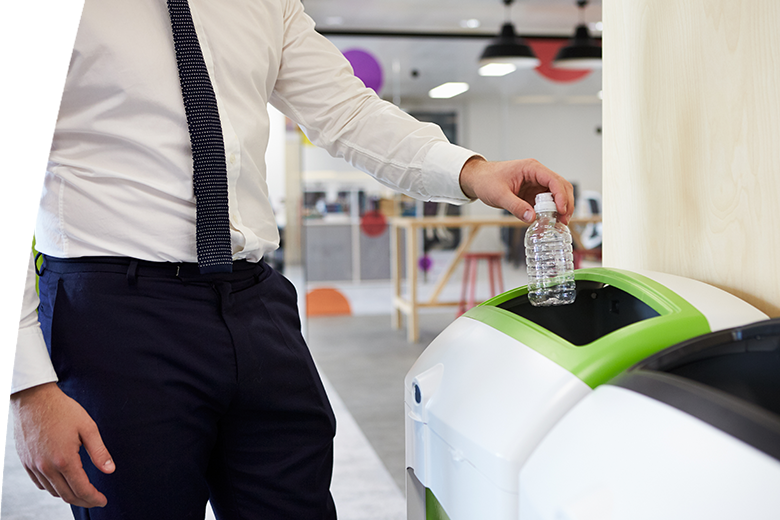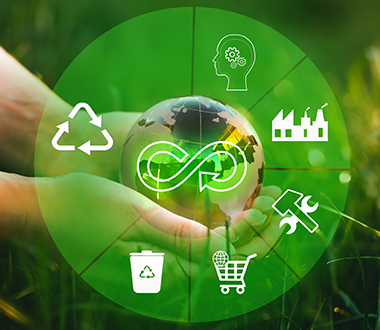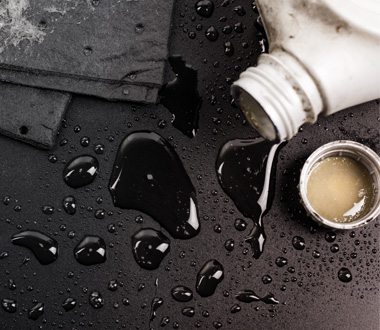What Does a Zero Waste Strategy Look Like in a Corporation?
You may wonder why your company or office should be interested in a greener environment, in reducing waste and CO2 in your workplace. The reason could be simply pragmatic - you'll reduce your costs by using less energy, removing less waste and improving your image to employees and customers. So how do successful companies do it?
The Best Waste Is the Waste That Does Not Even Get Produced
If you want to minimise waste, you first need to get to know it. In practice, this means analysing all the bins in your workplace over a period of time that you set. For example, 2 weeks. After 2 weeks, empty all the bins and sort the waste into piles. The analysis will show which type of waste you generate the most, what you need to warn employees about, what size of bins to choose, what are the gaps in waste removal, as well as places where bins are not needed at all. Studies show that up to 90% of the municipal waste we throw into black bins can be sorted and only 10% actually belongs there.

Composters Are Trendy Everywhere
Composting and waste reduction plays a big role in hotel restaurant budgets these days. A company based in America has an interesting composting system that allows waste to be sent through a collector into a large tank where enzymes break it down into water and a CO2 by-product. Of course, not every company can afford such a machine. But it is positive that some companies are also investing in such, shall we say, 'green' solutions.
All on One "Eco-ship"
For this strategy to succeed, everyone needs to be familiar with it. For example, the well-known company ESET addressed the situation directly with the building operator and the cleaning person, to whom they explained everything and even took them to a workshop to better understand their green intentions.

Neither Waste nor Trash
Rhodora Restaurant and Wine Bar in Brooklyn does not have a trash can. They don't need one. This restaurant just doesn't create anything to throw away. They don't allow any type of single-use plastic, they use a shredder to turn wine cartons into compostable material, and the cork stoppers are donated to an organization that uses them to make sustainable shoes.
Own Resources
A top Michelin-starred guesthouse in California has also been awarded a green star for its sustainability and green economy efforts. The guesthouse has its own farm and composter for organic waste. It offers its customers a seasonal menu that is put together daily by its chefs. The menu is thus based on the availability of products from the farm.
The beginnings of any new rule and system can be challenging and need to be implemented gradually with respect to the staff. But once you get it right, you won't regret it and the planet will thank you
Don't forget to subscribe to our newsletter to get more tips and advice from different areas of the business environment.



